Grand Budapest Hotel - reviews of Wes Anderson's new comedy
Critics are calling Wes Anderson's new film starring Ralph Fiennes, stylish, deadpan and 'wonderful'
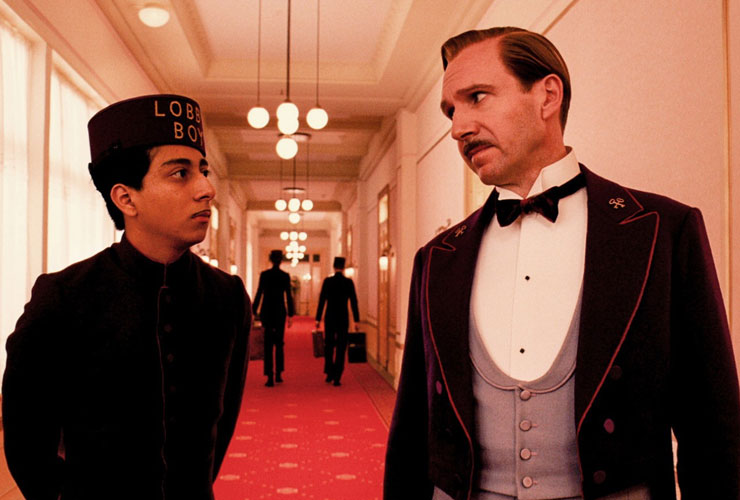
A free daily email with the biggest news stories of the day – and the best features from TheWeek.com
You are now subscribed
Your newsletter sign-up was successful
What you need to know
Wes Anderson's new comedy-drama, Grand Budapest Hotel opens in UK cinemas today. Director and co-writer Anderson is best known for his Oscar-nominated films The Royal Tenenbaums, Moonrise Kingdom and The Fantastic Mr Fox.
Grand Budapest Hotel stars Ralph Fiennes as the concierge of a luxury hotel in the fictional Eastern European Republic of Zubrowka who is framed for the murder of a wealthy guest who favoured him in her will. He teams up with the lobby boy and embarks on an odyssey to prove his innocence.
The Week
Escape your echo chamber. Get the facts behind the news, plus analysis from multiple perspectives.

Sign up for The Week's Free Newsletters
From our morning news briefing to a weekly Good News Newsletter, get the best of The Week delivered directly to your inbox.
From our morning news briefing to a weekly Good News Newsletter, get the best of The Week delivered directly to your inbox.
What the critics like
Here is "another meticulously stylish and deadpan Wes Anderson movie that walks the fine line between masterpiece and folly", says Damon Wise in Empire. It's a rich and characterful farce that brings to mind the early Pink Panther movies with Fiennes echoing Peter Sellers's bumbling, good-hearted innocence and elegant way with words.
Anderson's "intensely pleasurable" film is like a magnum of champagne that makes you light-headed on the pure fun of it, says Tim Robey in the Daily Telegraph. Fiennes is an unexpected star with supreme skill and timing, and the supporting cast is an unmatched smorgasbord of ensemble players - it's wonderful.
Every shot is gorgeously framed, with screwball rhythms and deeper notes that make Anderson's picture worth repeated viewing, says Siobhan Synnot in The Scotsman. The Grand Budapest Hotel is a confection – "deceptively light, very rich, and decidedly moreish".
A free daily email with the biggest news stories of the day – and the best features from TheWeek.com
What they don't like
For all its gorgeous frills and furbelows, Anderson's film never seems to be quite sure what it is about, says Dana Stevens in Slate. It touches on big, dark themes of nostalgia and the fate of 20th-century European history but never quite gets to the deepest, darkest places those paths might lead.
-
 A dreamy long weekend on the Amalfi Coast
A dreamy long weekend on the Amalfi CoastThe Week Recommends History, pasta, scenic views – this sun-drenched stretch of Italy’s southern coast has it all
-
 Can foster care overhaul stop ‘exodus’ of carers?
Can foster care overhaul stop ‘exodus’ of carers?Today’s Big Question Government announces plans to modernise ‘broken’ system and recruit more carers, but fostering remains unevenly paid and highly stressful
-
 6 exquisite homes with vast acreage
6 exquisite homes with vast acreageFeature Featuring an off-the-grid contemporary home in New Mexico and lakefront farmhouse in Massachusetts
-
 Wes Anderson: The Archives – ‘quirkfest’ celebrates the director’s ‘impeccable craft’
Wes Anderson: The Archives – ‘quirkfest’ celebrates the director’s ‘impeccable craft’The Week Recommends Retrospective at the Design Museum showcases 700 props, costumes and set designs from the filmmaker’s three-decade career
-
 Friendship: 'bromance' comedy starring Paul Rudd and Tim Robinson
Friendship: 'bromance' comedy starring Paul Rudd and Tim RobinsonThe Week Recommends 'Lampooning and embracing' middle-aged male loneliness, this film is 'enjoyable and funny'
-
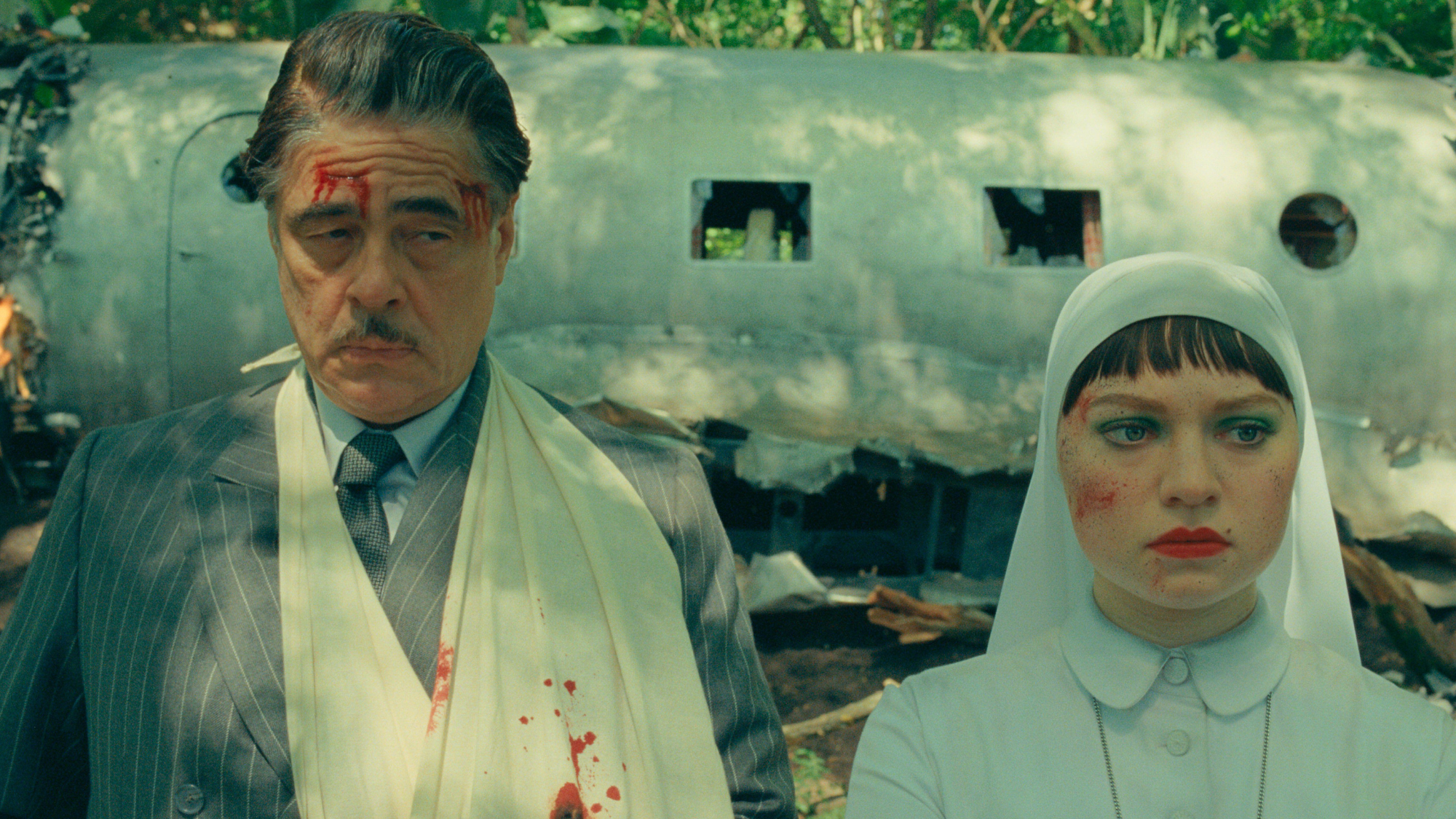 The Phoenician Scheme: Wes Anderson's 'madcap treat'
The Phoenician Scheme: Wes Anderson's 'madcap treat'The Week Recommends Mia Threapleton is 'sensational' in whimsical 'espionage caper'
-
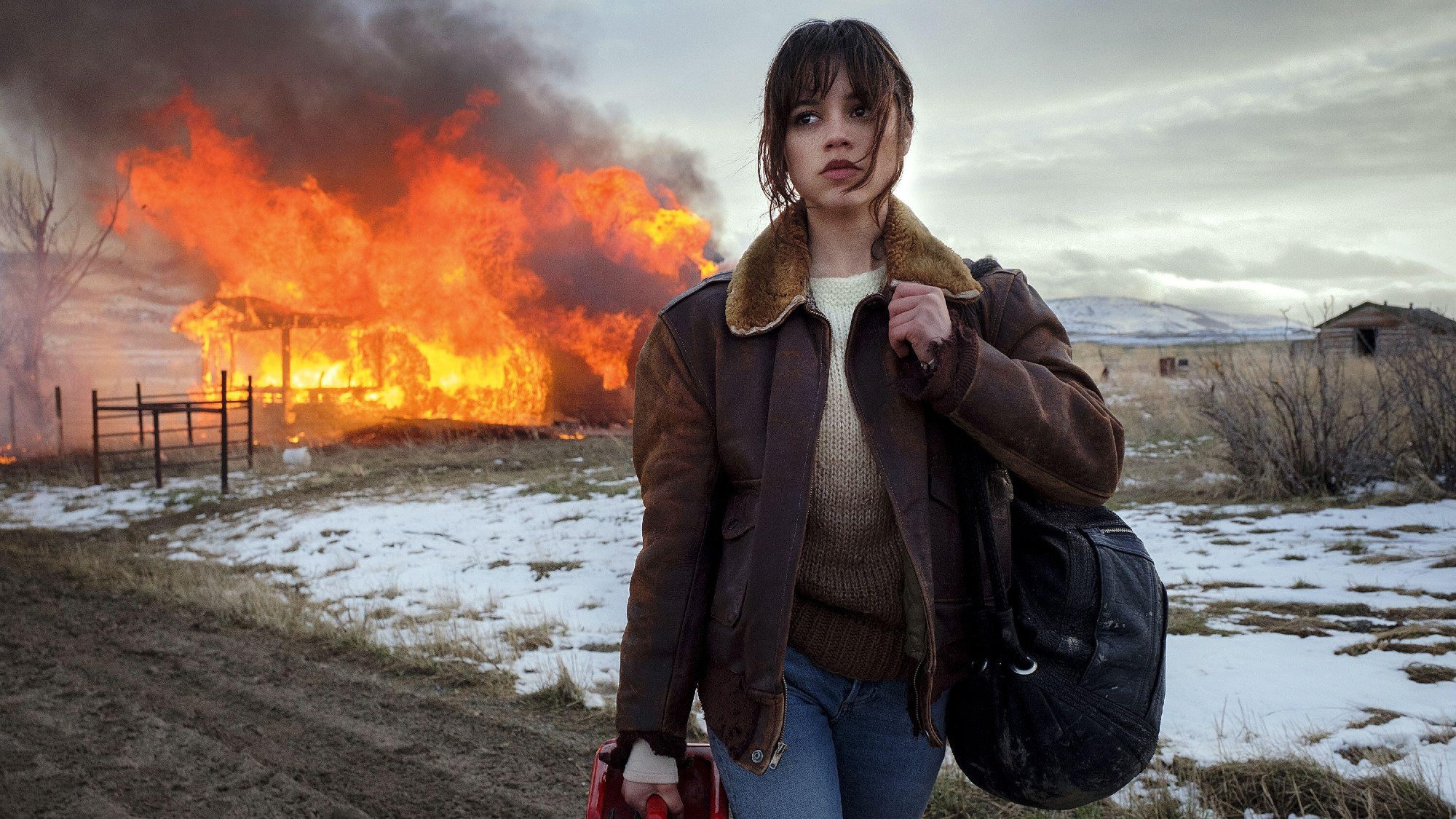 Crime alongside friendship, death as unrelenting force, and a music star's album companion piece all star in May's movies
Crime alongside friendship, death as unrelenting force, and a music star's album companion piece all star in May's moviesThe Week Recommends The Weeknd is back on the big screen, Wes Anderson pulls another ensemble cast and a horror franchise about death gets a new life
-
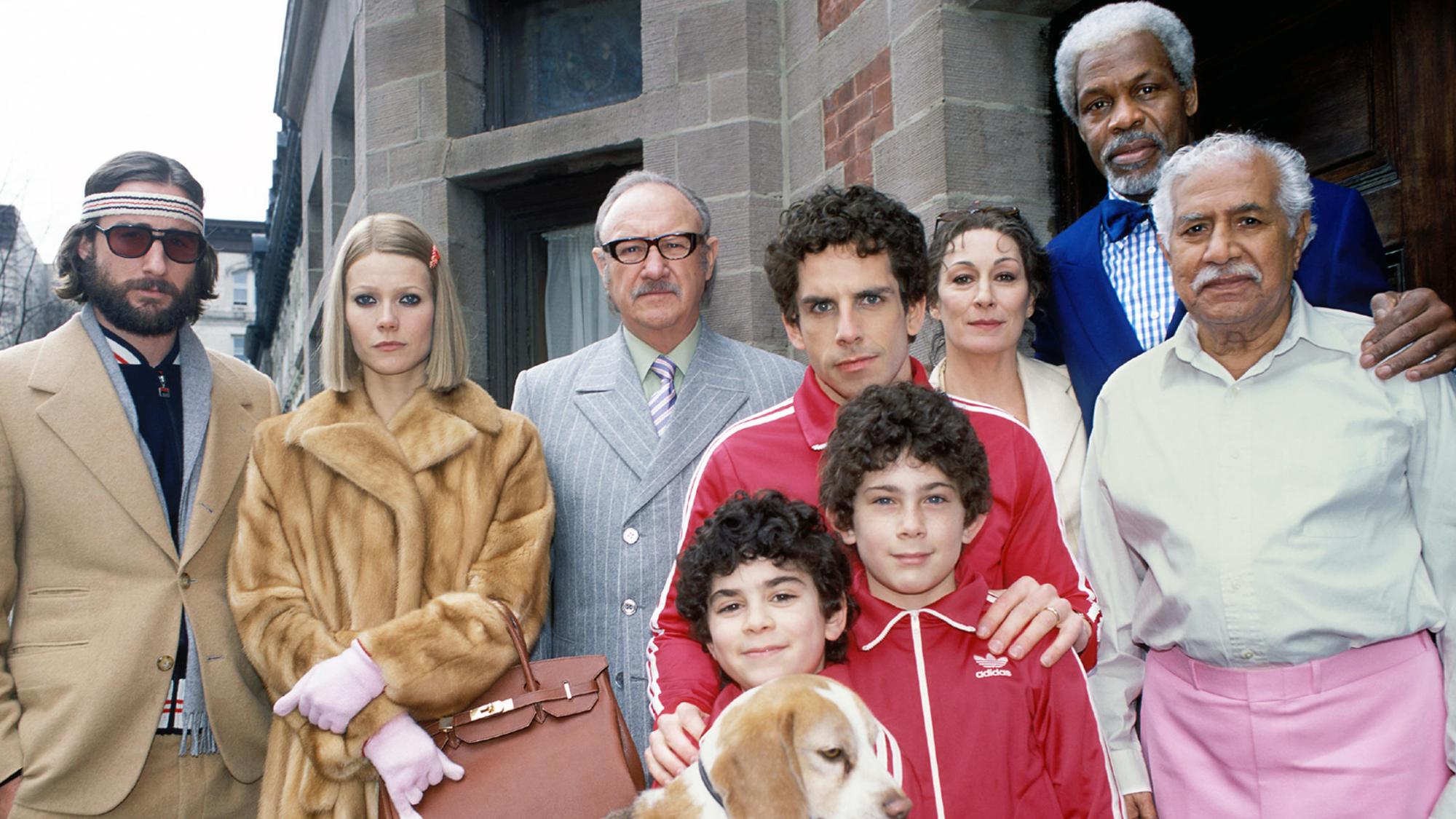 The best Wes Anderson movies
The best Wes Anderson moviesThe Week Recommends From a wacky animation to a love letter to journalism, these are the celebrated director's top films
-
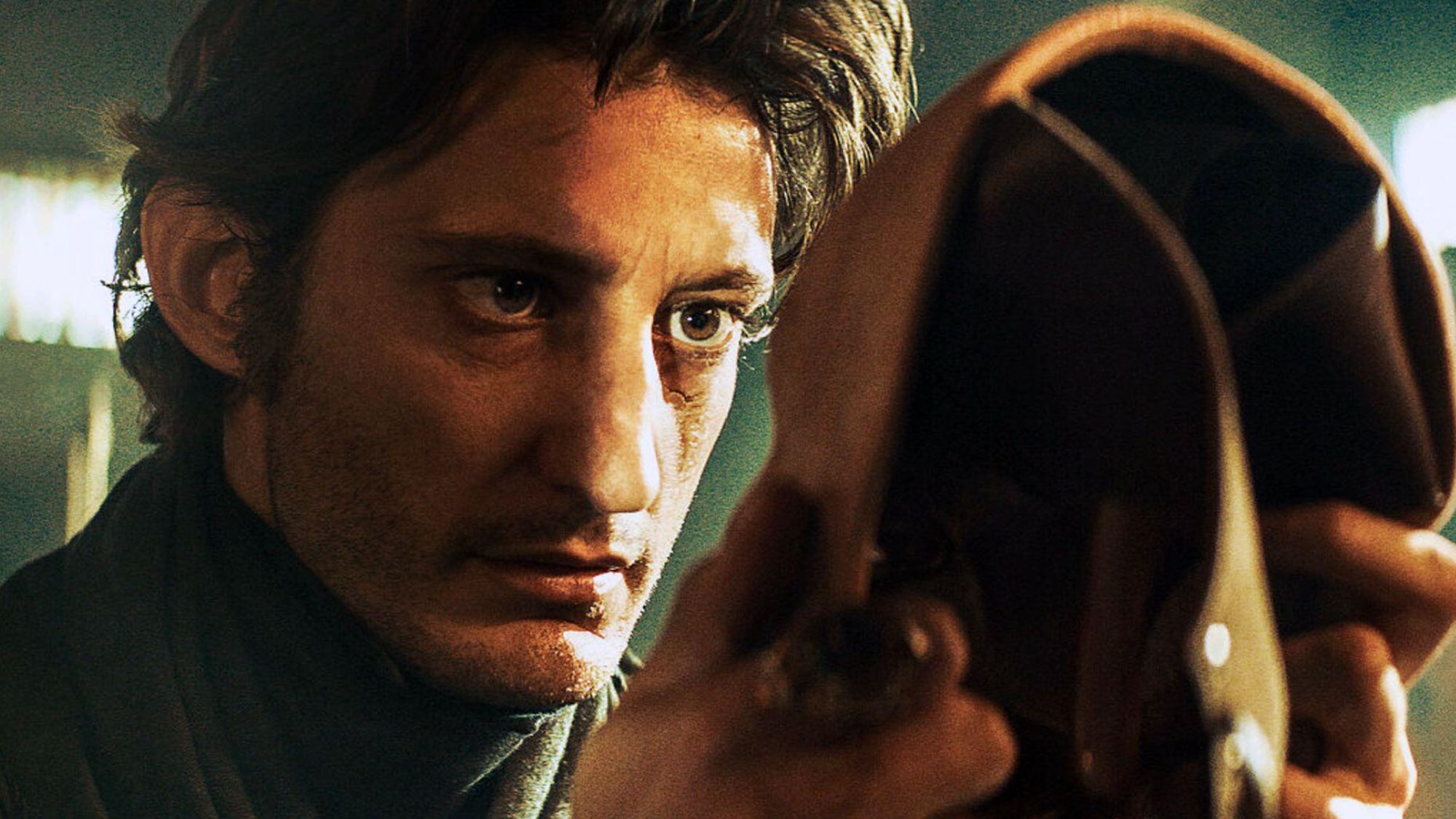 The Count of Monte Cristo review: 'indecently spectacular' adaptation
The Count of Monte Cristo review: 'indecently spectacular' adaptationThe Week Recommends Dumas's classic 19th-century novel is once again given new life in this 'fast-moving' film
-
 Death of England: Closing Time review – 'bold, brash reflection on racism'
Death of England: Closing Time review – 'bold, brash reflection on racism'The Week Recommends The final part of this trilogy deftly explores rising political tensions across the country
-
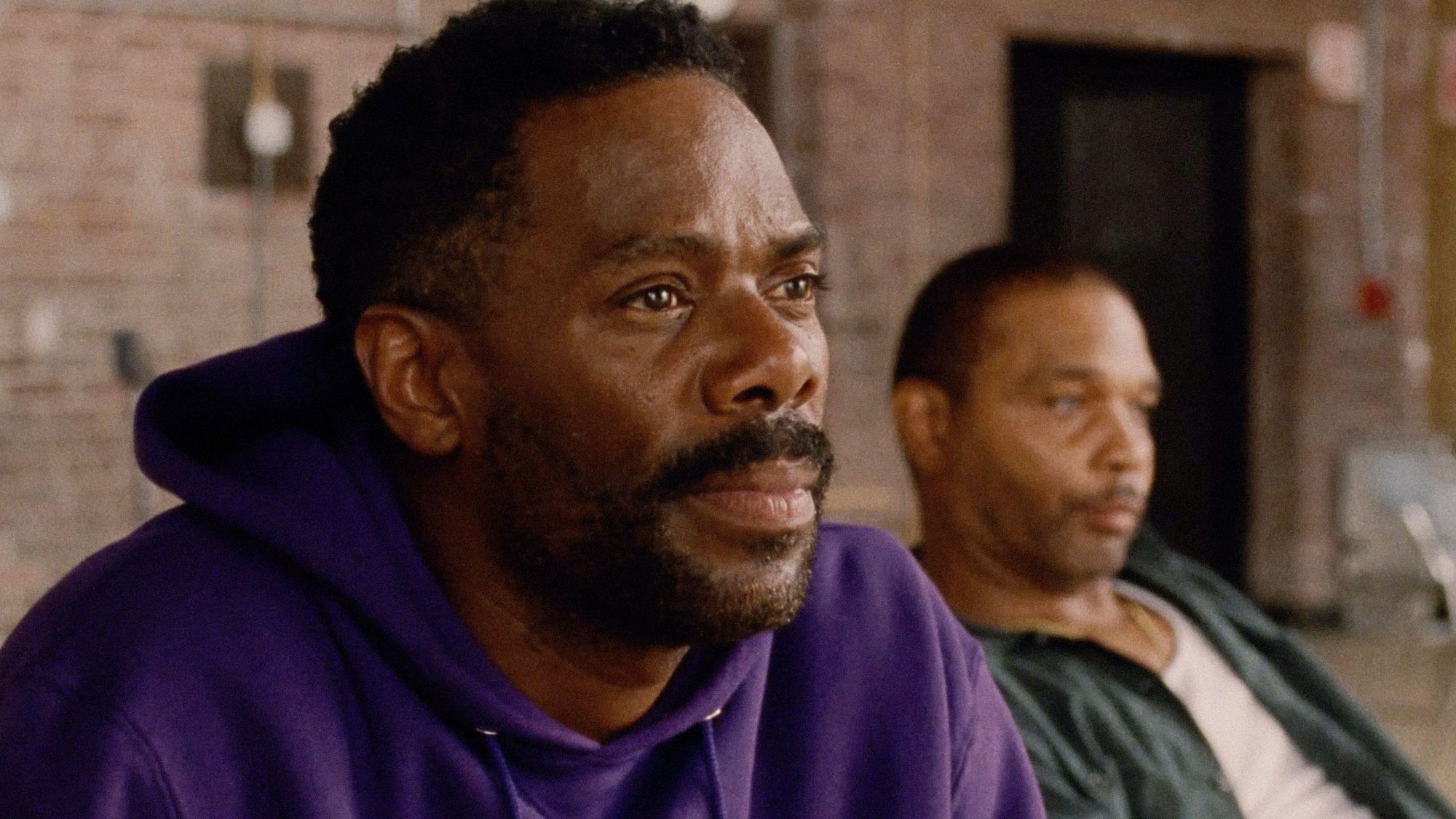 Sing Sing review: prison drama bursts with 'charm, energy and optimism'
Sing Sing review: prison drama bursts with 'charm, energy and optimism'The Week Recommends Colman Domingo plays a real-life prisoner in a performance likely to be an Oscars shoo-in